More than a century before the Metropolitan Museum of Art opened its doors, the New York Society Library took root. Established in 1754 in a modest room in City Hall, early borrowers included our Founding Fathers George Washington, Aaron Burr, Alexander Hamilton, and John Jay.
“During the American Revolution, the library's books were looted by British soldiers occupying Manhattan; some were torn up to make wadding for rifles and others were sold for rum. After the war, a few books that had been stored at St. Paul's Chapel in lower Manhattan were recovered, and in 1784 others were found through advertisement.”1
Today, the library’s nearly 300,000 books reside in an Italianate townhouse on East 79th Street. Constructed in 1917 as a private residence, it was converted into a library two decades later. Anyone can claim membership for $270/year. If you’re curious about what it’s like to read and write there, you can visit and work (silently) for free from their first-floor resource room. The library offers a robust schedule of events—some open to the public and others just for members.
I recently participated in Carol Weston’s Prompt! session, which took place in the Whitridge room, a former bedroom with twin windows and a fireplace. I arrived a few minutes before the session started, and every seat was already taken. The instructor greeted me, inquiring if I was a newcomer. Indeed, I was.
I moved a folding chair near the communal table, setting my computer on my lap.
“That won’t do. Join us here—I’ll make space,” a kind man said.
We were tasked with creating a vivid story in just ten minutes.
“There are no rights or wrongs; we support it all. Paint pictures with words. Details are important—sight, smell, sound, taste, and touch elevate our writing. Write from your heart, but use your head to create a beginning, middle, and end,” Carol said.
The prompt was "Backpack." She set her phone timer for ten minutes.
Around the table, a symphony of pens danced across paper. I opened a blank Google doc and focused my attention on it. Backpack. My daughter Carolina's pink, puppy-printed hand-me-down flashed across my mind—not a captivating tale. For a fleeting moment, I considered crafting a children's story à la Dora the Explorer. Then, inspiration hit, and I joined the collective effort to translate thoughts into words before the minutes slipped away.
A song began to play from Carol’s phone and I hastily appended my final line.
She called on Beau first. His story was delightful—and apropos. He spun a fictional tale starring himself as a celebrity preparing for the Met Gala. The theme: Gardens of Time. Addressing his staff, he demanded: “Don’t be lazy. Give me something grand to wear and not just something with flowers.” With one ill-conceived idea, a staffer was fired on the spot—told to pack his backpack and be gone.
Next, Maura recounted a trip to Europe where her husband had insisted, “Live for today—acquire whatever you desire,” only for that indulgence to sour upon realizing, halfway to Heathrow, that although they had squeezed dozens of bags into the taxi, there was one she left behind. Her backpack. Her sweet husband was no longer smiling as the taxi wheeled around.
Carol turned to me. “Are you comfortable reading today?”
I sipped cool water, allowing it to steady my nerves before inhaling deeply and beginning.
Backpack
(To hear me read this story, click the audio file below.)
On weekends, my parents rose with the sun, hustling to 7-Eleven to procure the local paper. Returning home, the classified section commandeered the kitchen table, joined by my mother’s coffee mug and toasted English muffin. Her pencil inscribed circles across the newsprint, the small legal pad by her side slowly transforming into a treasure map. Just before 8am, they embarked.
In July 1997, I was a sophomore in college and home for the summer. That morning, I was still sleeping when they ventured out. At the first sale, my mom thumbed vintage China, inspecting the underside. Nothing met her high standards, so they left empty-handed.
The next sale boasted outdoor gear, vintage toys, and tools. My father’s gait quickened as his eyes landed on a drop cloth covered with a rust-streaked menagerie of metal objects. My mother granted him solitude, moving towards a swatch of yellow fabric in the garage that captured her attention.
I recall descending the stairs that morning, half awake, only for “Biggie Yellow” to arrest my sluggish trance. That’s what we dubbed it. Biggie Yellow. My mom was perched on the couch, a blazing yellow behemoth beside her. She beamed at me and said, “Found it at a garage sale—ten dollars! Can you believe it? It’s perfect for your trip to Europe.”
A backpack was on the list of things I needed for my semester abroad. However, Biggie Yellow was not what I had in mind. It wasn’t just a backpack; it was a suitcase on an exoskeleton of aluminum bars. I tried it on. The towering rails dwarfed my petite body, and the yellow behind me wasn’t subtle.
I knew the path was immutable. This gaudy, cumbersome bag would accompany me across the Atlantic. No matter how mortifying, God-awful, or inconvenient the external frame would be. There were some upsides—no car would run me over; no one would dare steal the unmistakable Biggie Yellow.
It was the backpack I required, but not the one I desired.

Chuckles arose when I uttered “Biggie Yellow.” Lifting my gaze, I found only welcoming smiles. An older woman, Helena, remarked, “I had that kind of mother too—always laden with trinkets meant for me.” Her tender recollection filled me with gratitude for evoking such emotion.
Reflecting on my experience at the library, a few things stood out:
As a wife, mother, daughter, friend, writer, short-order (family) cook, and someone always trying to fit in reading and working out, time often escapes me. It’s incredible what each person wrote in a mere ten minutes. Last night, I set an alarm for ten minutes, and my daughter and I used that time to clean up her toys. The outcome was remarkable.
A few days ago, I was telling a new friend about my memoir. Her mouth agape, I stopped speaking. She shared that she had lived through nearly the same experience. She felt seen by my story, a testament to the unique connections that storytelling can form.
The warm reception and validating feedback I received confirmed the impact of encouragement. Too often in our day-to-day life, we can get caught up in what’s not going well—a partner who left the gas tank empty, a kid whose stray lego bites into your bare foot. We’ve all been there. This week, I challenge you to catch someone in your life doing something great—and tell them you noticed.
Thank you, Carol Weston, for your warm welcome into the talented fold of New York Society Library.
Photo of the Week
Among the many curiosities that dot the streets of my neighborhood, one has always held a mysterious allure, yet I had never delved into its history. Until now. On East 80th Street, just down the block from my favorite coffee cart, an aged sign clings to a door that has been painted and repainted countless times. This week, I finally took a picture of it with my phone. My camera roll is a repository for the city's lingering mysteries—reminders of the many things I am curious about that must be unraveled. And unravel it did. This was, in fact, an antique sign, more than 100 years old, and connected to a figure of intrigue: the notorious private eye, William J. Burns.
Burns, a man who etched his name in history, was not just any private eye. He was a force to be reckoned with, investigating high-profile cases and controversies in the early 20th century. His achievements ranged from exonerating murderers to infiltrating activist groups and even spying on jurors.
That his insignia endures here, adhered to this hundred-year-old door, is more than just a sign. It's a testament to the man who always found a way to stick around where he wasn't wanted.
Words of the Week
My friend and Substack wizard, Karla, encouraged me to read On-Writing by Stephen King, and it’s so good. This quote really spoke to me:
“When you write a story, you’re telling yourself the story… When you rewrite, your main job is taking out all the things that are not the story… Write with the door closed, rewrite with the door open. Your stuff starts out being just for you, in other words, but then it goes out. Once you know what the story is and get it right—as right as you can, anyway—it belongs to anyone who wants to read it. Or criticize it.”
Thank you to everyone who referred Fly Bravely to a friend or recommended the Fly Bravely newsletter from their Substack.
The winner is… drumroll please…
Tracy H from New Jersey who referred subscriber Carrie. Welcome, Carrie!
Stay tuned for my next contest, where you’ll have a chance to win more prizes.
https://www.nysoclib.org/about/history-library





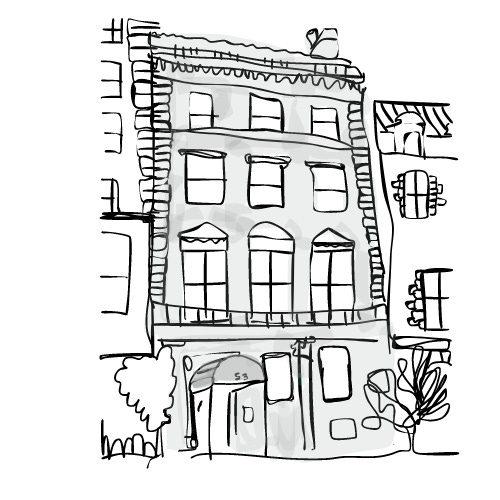
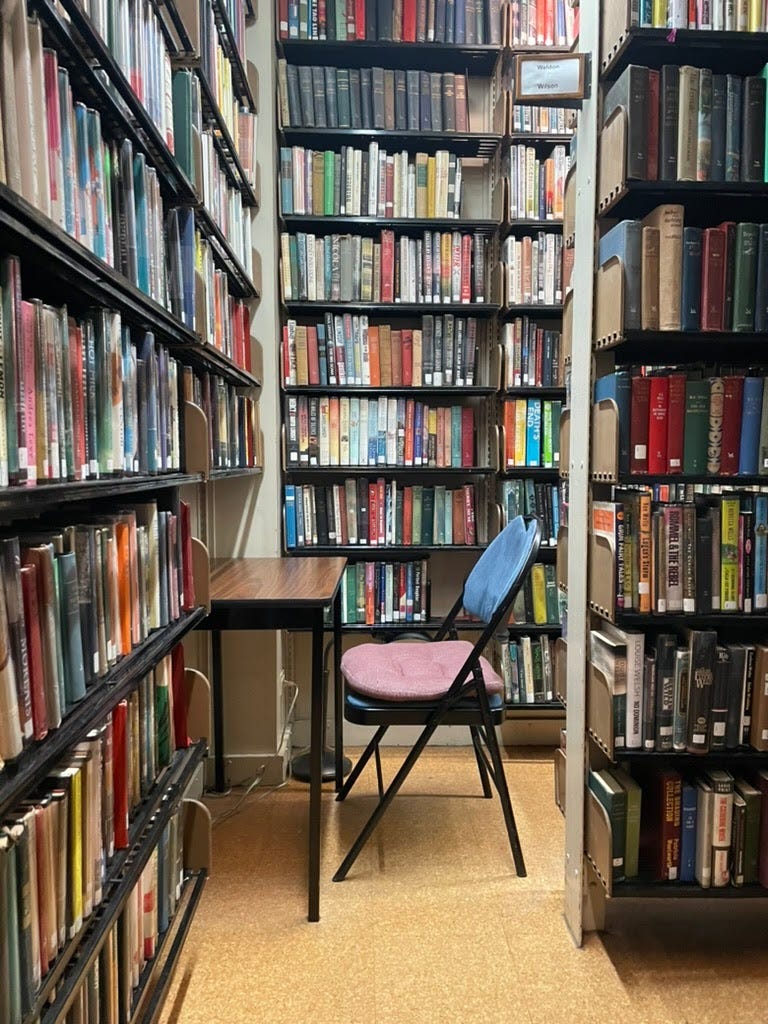
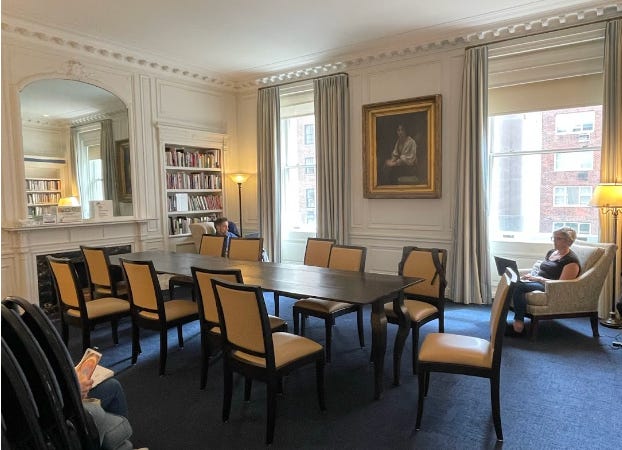

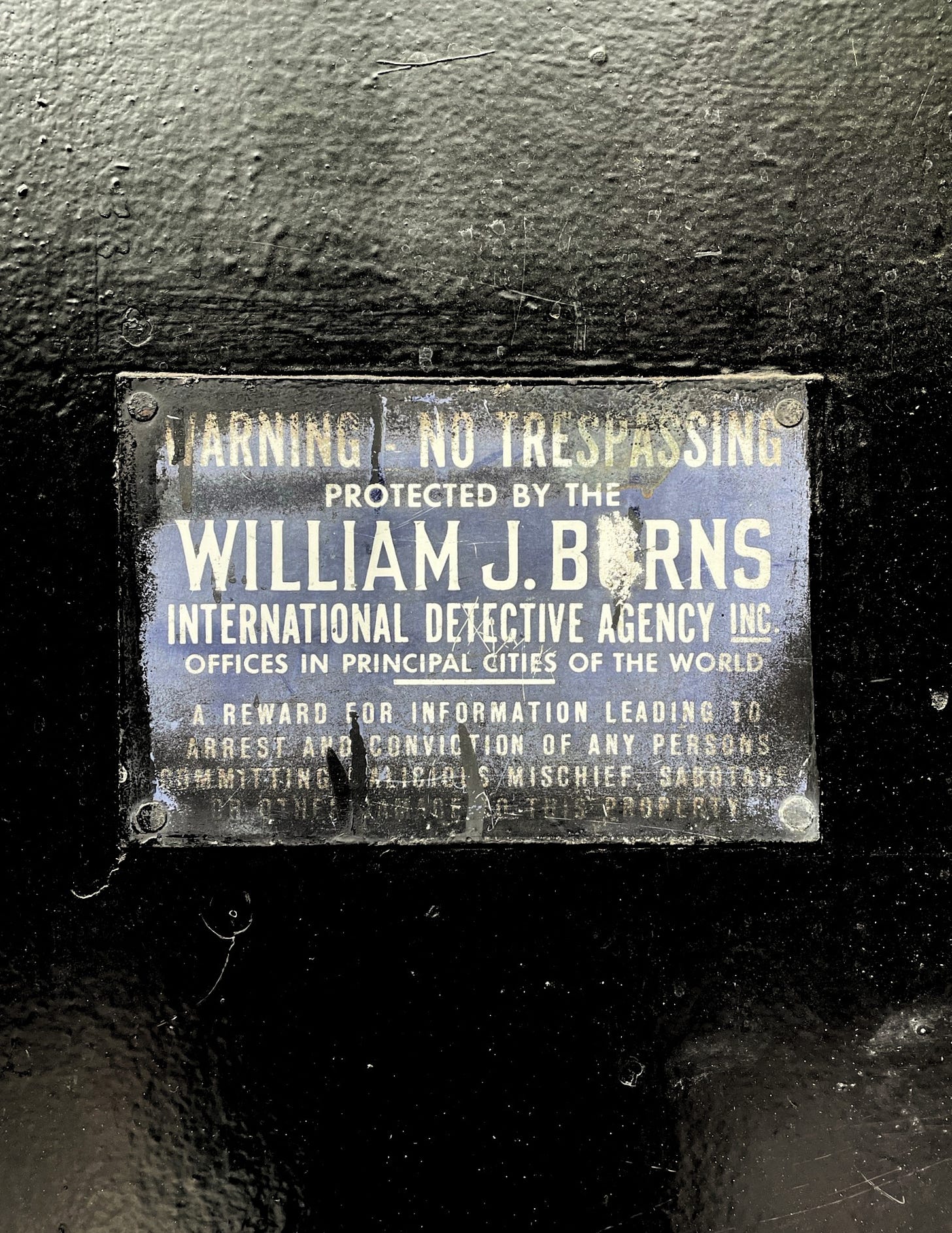


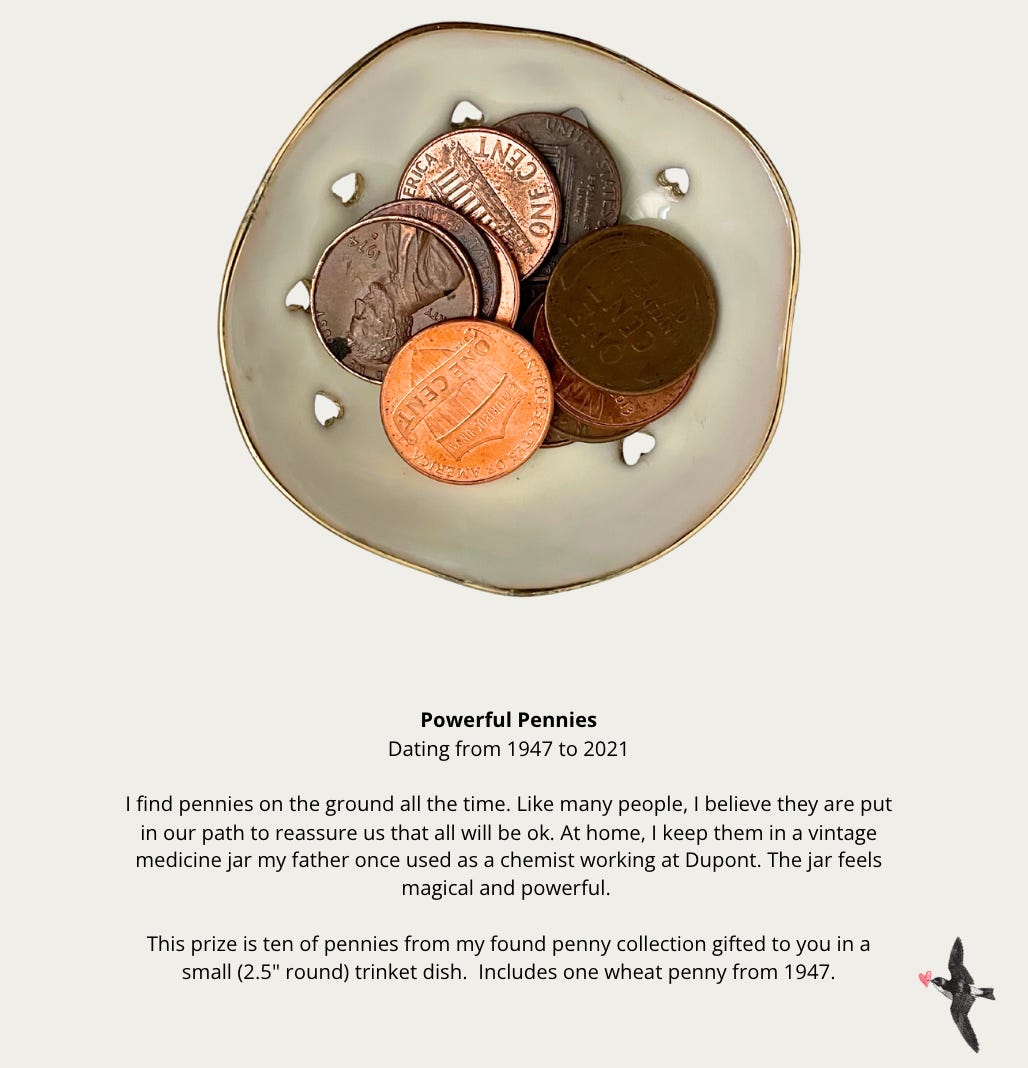
Lia, I just love your style of writing. It’s so poignant and well written. A lot of my childhood was spent looking like Biggie Yellow. Love you always.